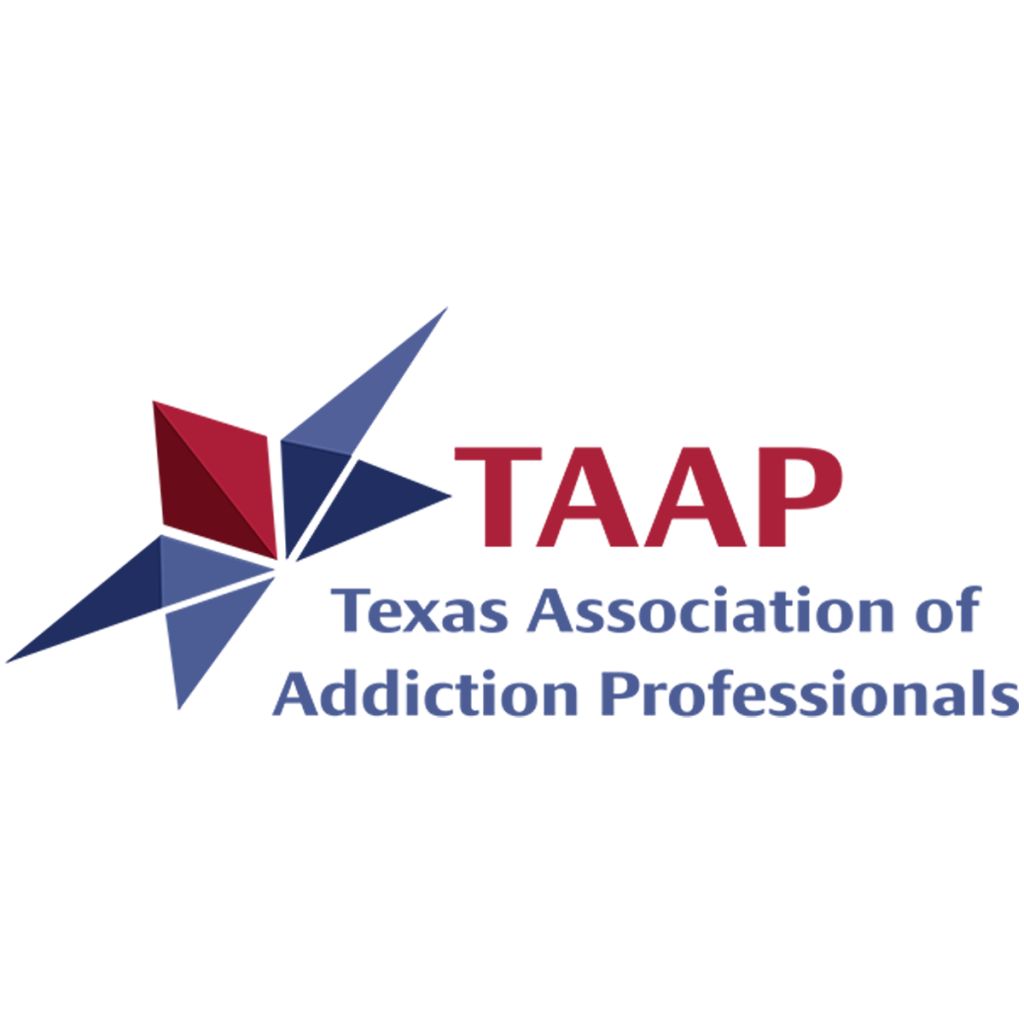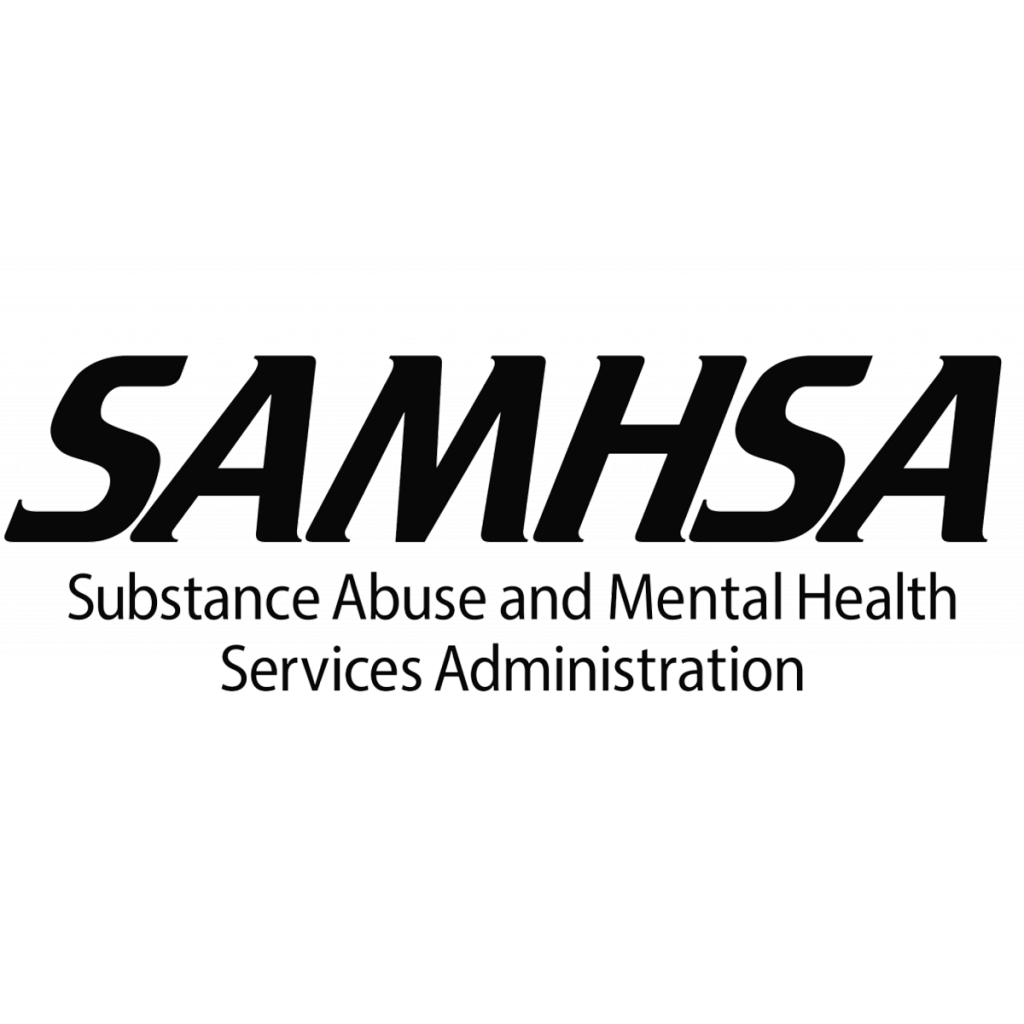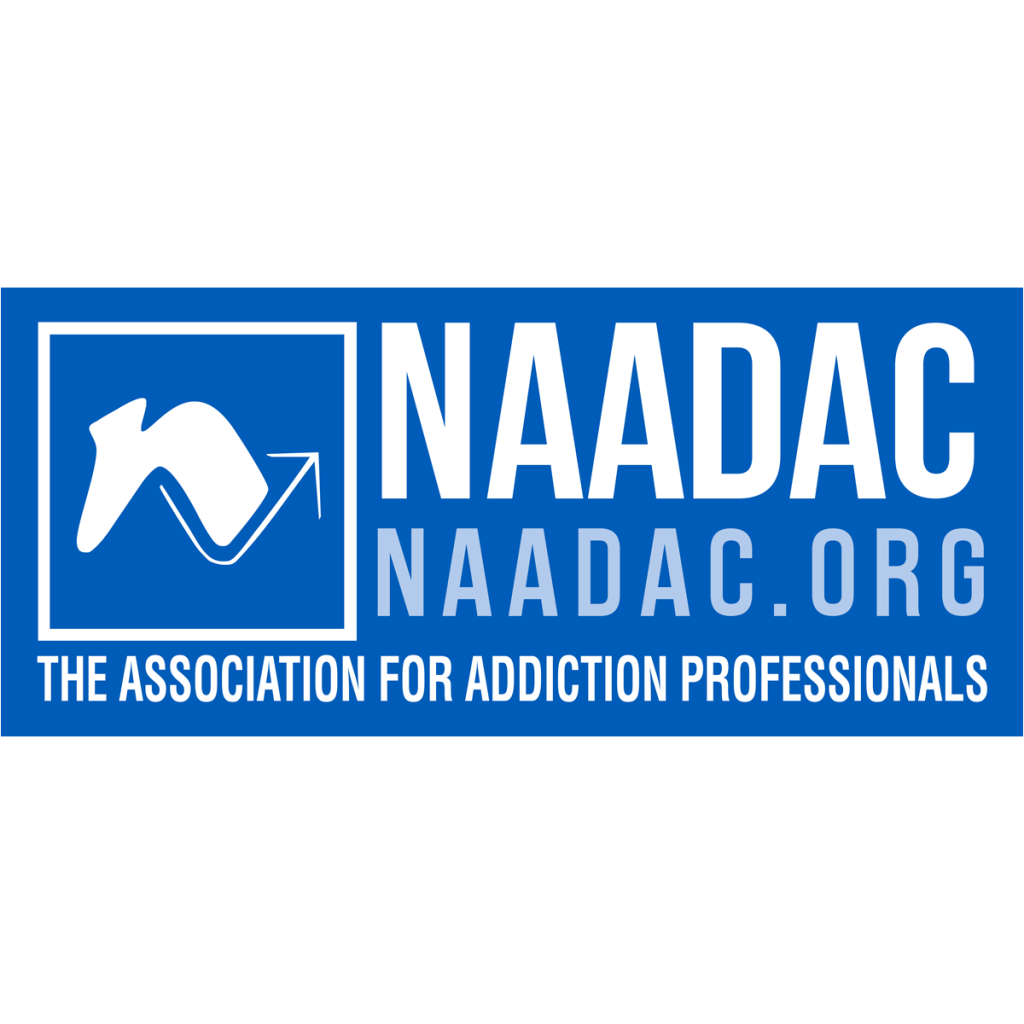
Table of Contents
Approaching a loved one about their need for drug rehab can be an incredibly challenging and emotional task. It is important to approach the conversation with care and sensitivity, as well as a clear plan of action.
In this blog post, we will discuss five proven strategies that can help you effectively and compassionately communicate with your loved one about drug rehab. Whether you are in Austin, Texas or anywhere else, these strategies can be applied to any situation to increase the likelihood of success.
Understanding the importance of approaching your loved one about drug rehab
Approaching your loved one about their need for drug rehab is not an easy task, but it is of utmost importance. Ignoring the issue or avoiding the conversation can have serious consequences. By addressing the problem, you can potentially save your loved one’s life and help them on their path to recovery. Drug addiction is a complex and dangerous disease that requires professional help, and it is crucial to convey this to your loved one.
Understanding the importance of approaching your loved one about drug rehab will give you the motivation and determination needed to navigate this difficult conversation. Remember, you are not alone in this journey. There are resources available to support you and your loved one throughout the entire process.
Strategy 1: Establish a foundation of trust and open communication
Establishing a foundation of trust and open communication is the first strategy you should employ when approaching your loved one about drug rehab. It is crucial to create a safe and non-judgmental space where they feel comfortable opening up about their struggles.
Start by actively listening to their concerns and experiences without interrupting or imposing your own opinions. Show empathy and understanding, letting them know that you genuinely care and want to support them. Avoid blaming or shaming them, as this will only push them further away.
Building trust may take time, so be patient and persistent. Offer reassurance that their journey to recovery will not be faced alone. Assure them that you will be there every step of the way, providing love, guidance, and access to the necessary resources.
Strategy 2: Educate yourself and seek professional advice
Once you have established a foundation of trust and open communication with your loved one about their addiction, it is important to educate yourself about drug rehab and seek professional advice. Understanding the benefits and process of rehab will enable you to provide accurate information and guidance.
Start by researching reputable treatment facilities and programs in your area. Look for those that specialize in your loved one’s specific substance abuse issues and offer a comprehensive approach to recovery. Familiarize yourself with different treatment options, such as inpatient or outpatient programs, therapy modalities, and aftercare support.
Additionally, consult with addiction specialists, counselors, or healthcare professionals who can provide professional advice tailored to your loved one’s unique needs. They can help you understand the severity of the addiction, potential underlying issues, and the best course of action.
By being well-informed and seeking professional guidance, you can effectively navigate the rehab process with your loved one and make informed decisions that will support their recovery journey.
Strategy 3: Choose the right time and place for the conversation
Approaching your loved one about drug rehab requires careful consideration of the circumstances, including the timing and location of the conversation. Choosing the right time and place can significantly impact the outcome and effectiveness of your discussion.
Timing is crucial. Pick a moment when your loved one is sober and relatively calm, avoiding times when they may be under the influence or experiencing withdrawal symptoms. It is best to have the conversation when both parties are well-rested, relaxed, and have enough time to fully engage in the discussion.
In terms of location, choose a private and comfortable setting where your loved one feels safe and at ease. This could be a quiet room in your home, a park, or any place where you can have an uninterrupted and confidential conversation. Avoid public places where the risk of embarrassment or emotional triggers may intensify their resistance.
Strategy 4: Express empathy, concern, and support
Approaching your loved one about drug rehab can be a sensitive and delicate conversation. It is essential to express empathy, concern, and support when discussing their substance abuse.
Start the conversation by acknowledging their struggles and expressing empathy for the challenges they may be facing. Let them know that you understand how difficult it must be for them and that you are there to offer support and help in any way you can.
Avoid judgment or blame and instead focus on your genuine concern for their well-being. Let them know that you care about them and want to see them live a healthier and happier life.
Offer your support and let them know that you will be there for them throughout their recovery journey. Assure them that they are not alone and that you are committed to helping them find the resources they need to overcome their addiction.
Strategy 5: Offer practical solutions and resources
Once you have expressed empathy, concern, and support to your loved one, it is important to provide them with practical solutions and resources to help them on their journey to recovery.
Research and gather information about different drug rehab programs and facilities that align with your loved one’s needs and preferences. This could include outpatient programs, residential treatment centers, or support groups. Having this information readily available can demonstrate your commitment to their recovery and make the process less overwhelming for them.
Additionally, offer to help navigate the logistics of entering a rehab program. This may involve helping them find transportation to and from treatment, making phone calls to set up appointments, or assisting with insurance paperwork. By easing some of the practical burdens, you can reassure them that they are not alone in this process.
Remember to approach this step with sensitivity and respect their autonomy. Ultimately, the decision to seek help and enter a drug rehab program should be their own. By offering practical solutions and resources, you are empowering them to take control of their own recovery.
Sober fun places to visit in Austin, Texas
As your loved one embarks on their journey to recovery, it is crucial to provide them with a support system that encourages their sobriety. One way to do this is by exploring sober fun places they can visit in Austin, Texas.
Austin offers a vibrant and diverse range of activities and venues that promote a healthy and joyful lifestyle. From serene nature trails to engaging cultural events, there are numerous options for your loved one to enjoy sober entertainment.
Encourage them to explore the beautiful parks and green spaces in the city, such as Zilker Park, where they can enjoy outdoor activities like hiking or having a picnic. Austin is also known for its thriving music scene, so suggest attending sober concerts or music festivals that showcase local talent.
Cultural institutions like museums and art galleries offer an enriching experience and can provide inspiration and leisure for your loved one. Additionally, encourage them to try new activities like yoga classes or joining a sports club to enhance their physical and mental well-being.
Recovery With Nova
At Nova Recovery Center, Houston we provide our patients with a very comfortable detox process, where medical professionals provide monitoring and care around the clock. You will be provided with all the medications you need to combat the withdrawal symptoms. You will enroll in the in-patient recovery program where you’ll learn to stay away from drugs, through counseling, group therapy, etc.
Nova Recovery Center commits to helping you overcome your addiction so you can get back to what is most important to you. If you or someone you know are struggling with addiction, Nova Recovery Center can provide support. We have locations in Austin, Houston, and Wimberley Texas. Call today to begin your journey in recovery at (888) 428-1501.





